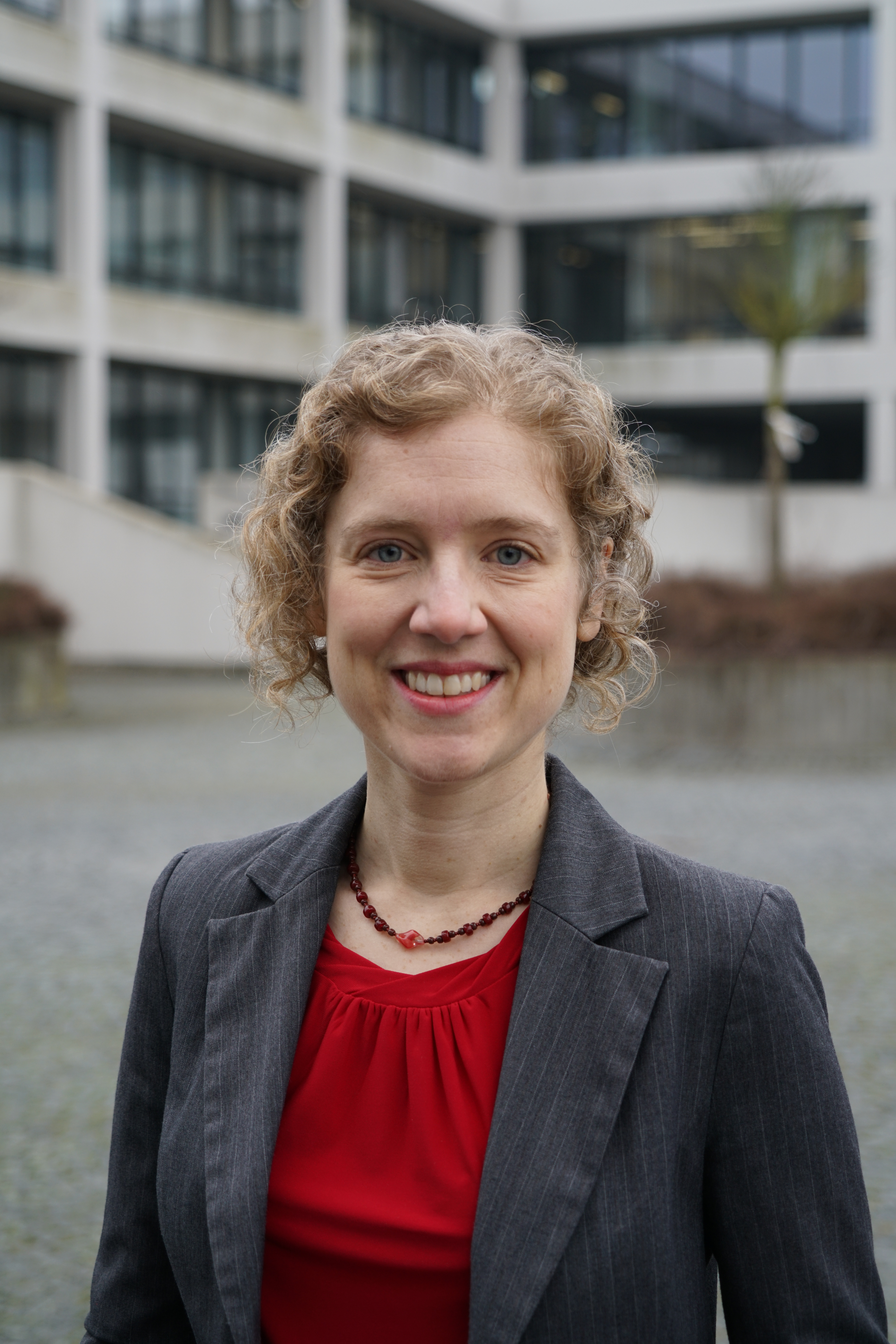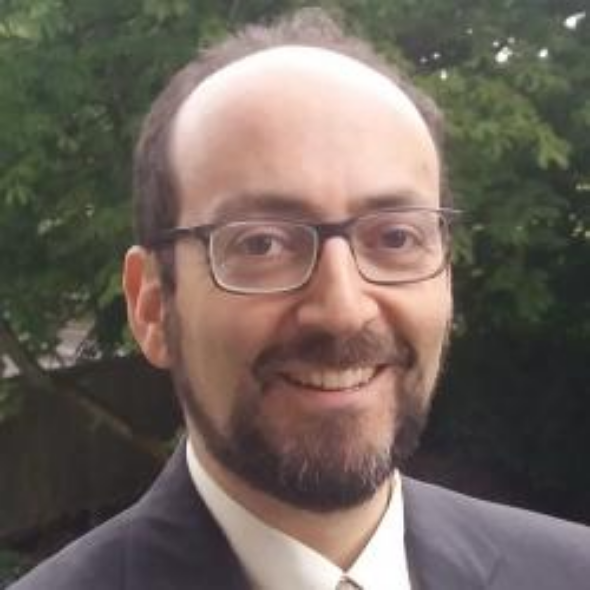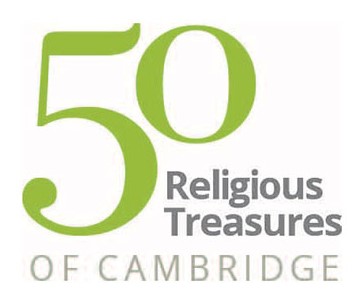Examine what it means to be commanded by God to go to war with Dr Julia Snyder and Dr Daniel Weiss
Meet your lecturer
Julia Snyder is Lecturer in New Testament at Westcott House, an Anglican theological college in Cambridge, and Affiliated Lecturer in the Faculty of Divinity, University of Cambridge. Her research focusses on storytelling practices and social dynamics in the early Christian movement. Before coming to Cambridge, she was a lecturer and researcher at the University of Regensburg and University of Tübingen in Germany. She completed her PhD at the University of Edinburgh, and also has a BA in Mathematics and Classics, and a Master of Divinity degree. She is actively involved in the Cambridge Interfaith Programme and in Scriptural Reasoning, and is co-leader of the Scripture & Violence Project.
Daniel Weiss is a Senior Lecturer in Jewish Studies at the Faculty of Divinity in Cambridge, having previously taught in the US. His research and teaching focus on Jewish thought and culture, rabbinic literature, philosophy of religion, and interreligious relations. Daniel is especially interested in the links between ancient scriptural texts and how people behave and think today. He is actively involved in the Cambridge Inter-faith Programme and in Scriptural Reasoning, and is also co-leader of the Scripture & Violence Project, which explores common assumptions about the relationship between scriptural texts and real-world acts of violence.
Explore further
Video commentary: listen to artist Riitta Hakkarainen and researchers Dr Daniel Weiss and Dr Julia Snyder discuss the making of the film.
The Scripture & Violence Project originated in Cambridge as part of the Cambridge Interfaith Programme. It aims to equip people to grapple with scriptures that seem to condone or encourage violence.
The Cambridge Mishnah is a 15th Century copy of a 2nd century BCE text that details debates between notable Rabbis and discusses problems from all areas of human life.
Scriptural Reasoning is a particular way of doing inter-faith dialogue that developed in Cambridge out of scholars Rabbinic texts meeting and studying together. Today Scriptural Reasoning is used globally, including in places affected by religion-related tensions and conflict
All Saints Garden is part of the 50 Religious Treasures of Cambridge collection, and is a small garden on the site of Cambridge’s former medieval Jewish Quarter. It reminds us of the changes in historical Jewish-Christian relations.
What do you think?
How do typical ways of justifying war today differ from justifications for war as understood in classical rabbinic literature?
Does the existence of violent-sounding scriptural texts necessarily mean that communities who view these texts as sacred scripture will act violently?
What do you think about 'the conditions' that the classical rabbinic texts say must be met in order to go to war?
What would it look like if societies today made going to war dependent on the types of restrictions seen in the classical rabbinic texts?
Guidance for teachers





